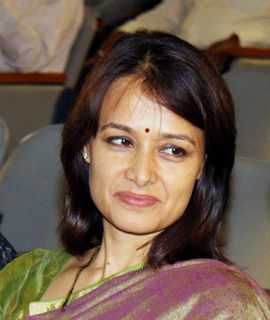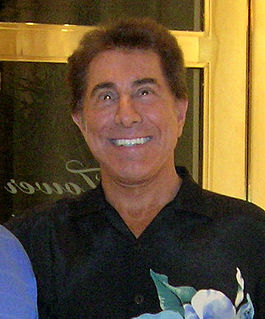A Quote by Kimberle Williams Crenshaw
It's hard not to question whether the harsh verdict of Winnie Mandela is a reflection of discomfort with women warriors or, more broadly, with the militant ethos that ultimately became a foil for the popularized representation of Nelson Mandela as the open-armed father of a non-racial nation.
Related Quotes
Nelson Mandela, Dada Vaswani, Harsh Mander, Shabana Azmi - I admire their humanitarian work. But sadly even Nelson Mandela could not keep corruption out of his cabinet and within a year, I am told, the victims of apartheid turned into perpetrators of corruption on their own people. Greed has no boundaries of colour or country does it?
As we mourn President Mandela’s passing we must ask ourselves the fundamental question - what shall we do to respond to the tasks of building a democratic, non-racial, non-sexist and prosperous South Africa, a people-centred society free of hunger, poverty, disease and inequality, as well as Africa’s renaissance, to whose attainment President Nelson Mandela dedicated his whole life?
The famous passage from her book is often erroneously attributed to the inaugural address of Nelson Mandela. About the misattribution Williamson said, "Several years ago, this paragraph from A Return to Love began popping up everywhere, attributed to Nelson Mandela's 1994 inaugural address. As honored as I would be had President Mandela quoted my words, indeed he did not. I have no idea where that story came from, but I am gratified that the paragraph has come to mean so much to so many people.
When we shot "Cry Freedom," I wasn't even allowed in South Africa. They told me I could come but I wasn't going to leave. I had heavy death threats at that time. So we shot in Zimbabwe. In 1995, I had the privilege and the honor to meet Desmond Tutu and Nelson Mandela the same day: I had breakfast with Desmond Tutu and lunch with Nelson Mandela. Then I had the good fortune to have Mr. Mandela actually come to my house in California. There's been a tremendous amount of change.
Even here in America, we felt the cool, refreshing breeze of freedom when Nelson Mandela took the seat of Presidency in his country where formerly he was not even allowed to vote. We were enlarged by tears of pride as we saw Nelson Mandela's former prison guards invited, courteously, by him to watch from the front rows his inauguration.






































